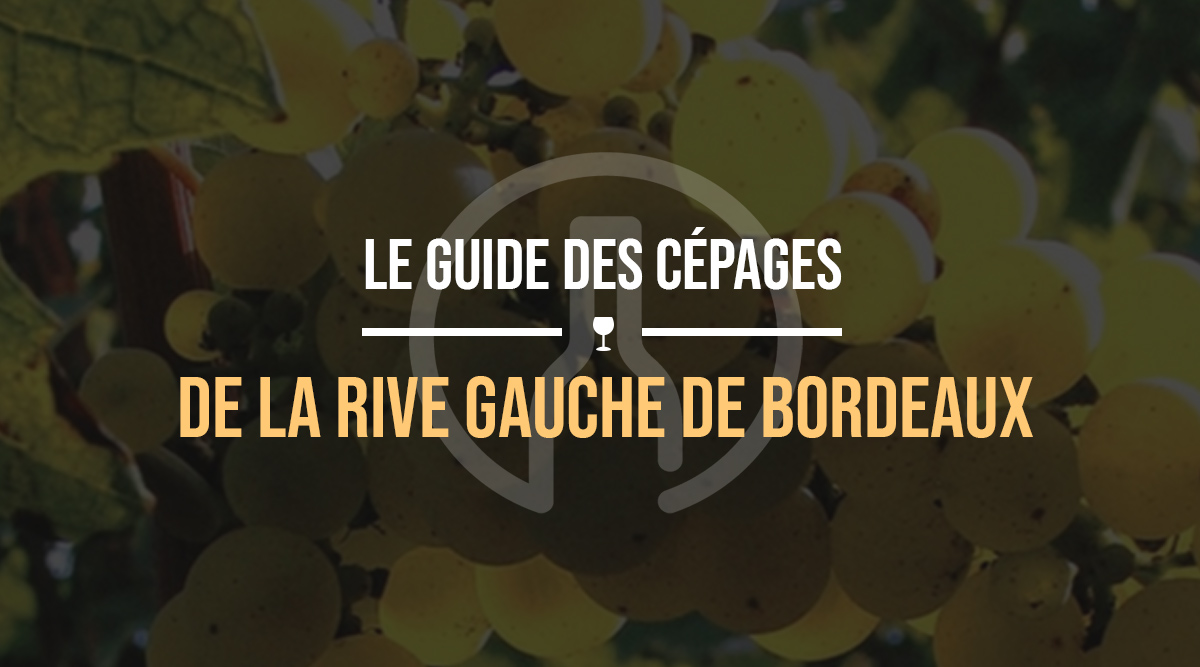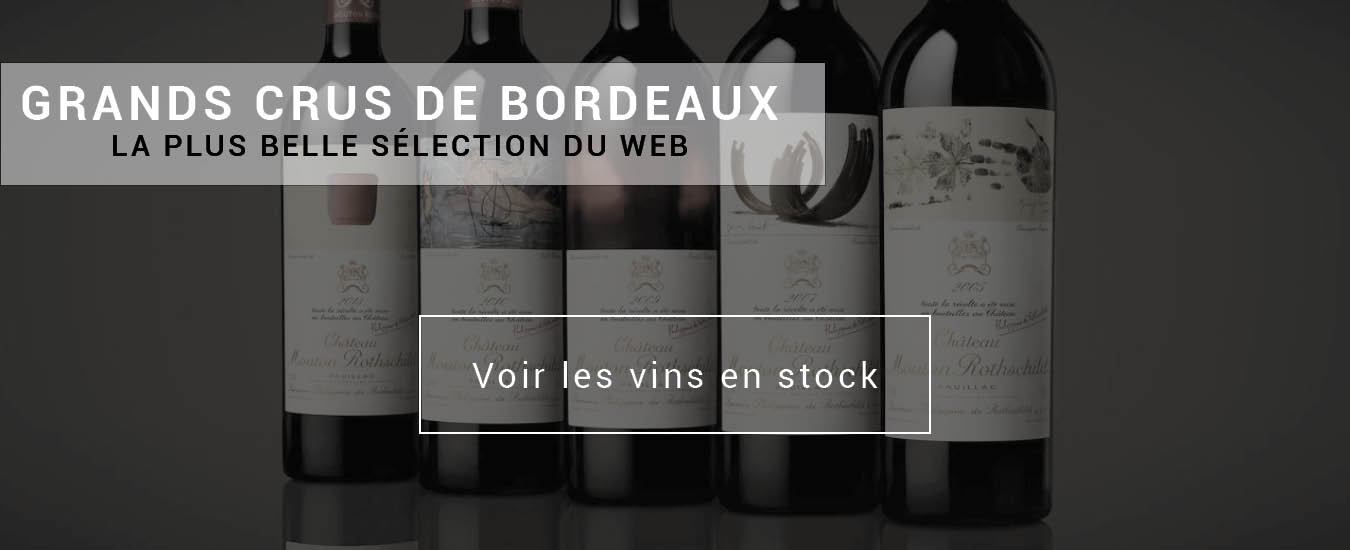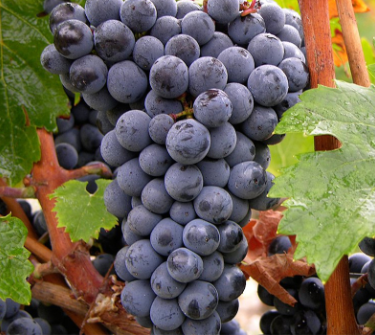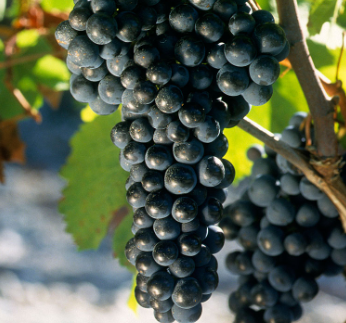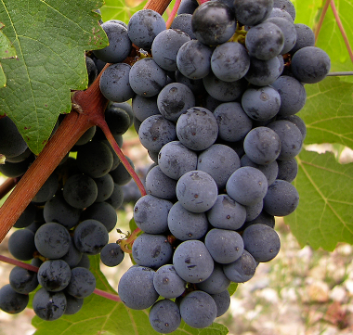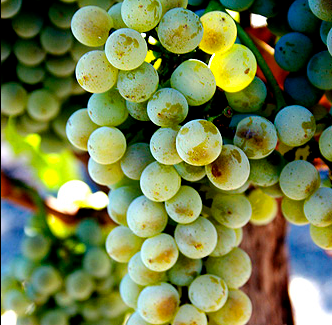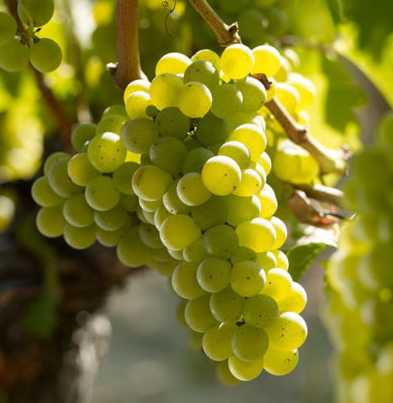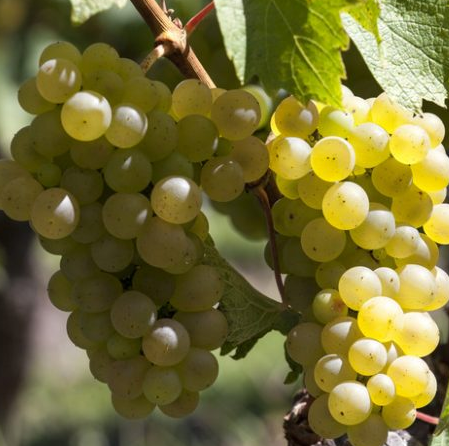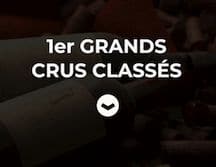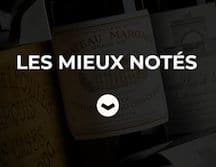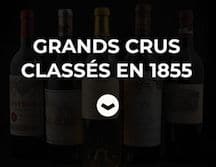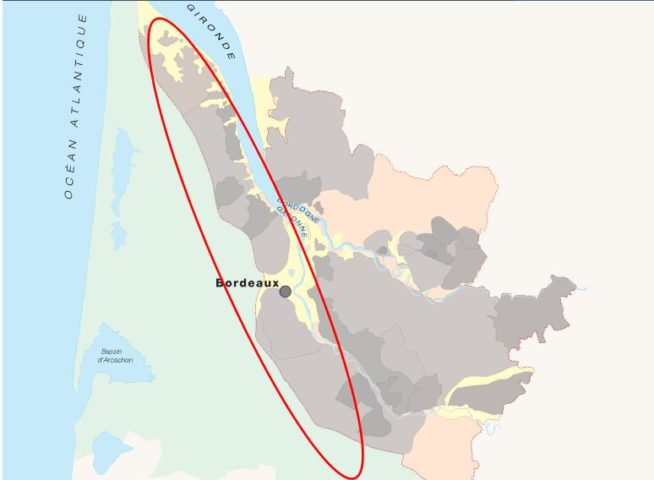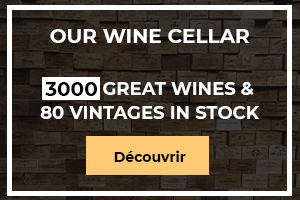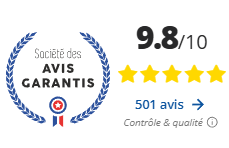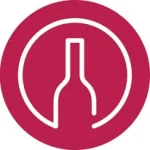The reputation of Bordeaux wines is well established. Known the world over, they still have a few well-kept secrets. Here, for example, grape varieties. Do you know the Bordeaux grape varieties on your fingertips? And do you know how many reds there are, and how many whites? Let's take a look at the list of Bordeaux grape varieties, which is only a tiny fraction of the total number of French grape varieties (there are 210 in France).
>Discover our selection of mature Bordeaux wines <
What is a grape variety?
?
A grape variety is simply a variety of grape plant. Each grape variety expresses its own particular odors and tastes. These are known as flavors. The land on which the vine is grown will also have an impact on the wine's gustatory qualities. This is called terroir. A Bordeaux white grape variety cultivated in a certain place will not necessarily have the same characteristics depending on its orientation to the sun, its rainfall, and so on. The same applies to a Bordeaux red grape variety.
> See our guides to grape varieties
WHAT IS THE LEFT BANK?
Two rivers cross the Bordeaux region, dividing it into three parts. These are the Garonne and the Dordogne (One way to remember which river is further north: it's the first in alphabetical order), which join to form the Gironde estuary. To find out whether the appellation is on the left or right bank of the river, simply follow the direction of the current. In this case, the Dordogne and Garonne rivers join the coast to flow into the Atlantic Ocean. Wines to the south of the rivers are therefore on the left bank, while those to the north are on the right. For the more fastidious, there are 3 left banks: the Garonne, the Dordogne and the Gironde estuary. But the best-known of the three, encompassing the Médoc, Graves and Sauternes, is the Garonne.
THE GRAPE VARIETIES OF BORDEAUX'S LEFT BANK
Depending on the appellation and therefore the soil, certain grape varieties do better than others.
On the left bank of the Garonne, we have a clay-rich soil underlayed with small gravels, pebbles and alluvial deposits brought down by the Garonne.
Here are the grape varieties that predominate on this bank.
Red grape varieties
On Bordeaux's left bank, the main grape variety is Cabernet Sauvignon with 50 % of vines planted, closely followed by Merlot (around 40 %).
The remaining 10 % are mainly Cabernet Franc, complemented by Malbec, Petit Verdot and Carménère.
- Cabernet Sauvignon produces powerful, tannic wines that generally age well. It is used in blends to build the backbone of the wine.
- Merlot is more round and velvety. It brings black fruit and licorice aromas to wines.
- Visit Cabernet Franc is present in small quantities in the blending of Bordeaux wines. It gives the wine great balance and notes of red fruit.
White grape varieties
Boosted by Appellations such as Sauternes and Pessac-Léognan, white grape varieties from the Bordeaux region can be found on the world's finest tables.
- Sémillon is the king of Sauternes wines. Harvested late, it produces sweet, candied wines with notes of honey and white fruit.
- Sauvignon, more present in the Pessac-Léognan AOC, excels on Graves soils. Generally blended with Sémillon, it gives citrus notes, floral fragrances and a lovely freshness.
- Muscadelle, present in very small quantities, produces fresh, very fruity wines with exotic notes.
LEFT BANK APPELLATIONS
The AOCs of the left bank are generally composed of Cabernet Sauvignon and blended with Merlot and Cabernet Franc.
The reds are often rich, powerful and can be kept for a very long time in good years.
As a general rule, Saint-Estèphe and Pauillac are powerful, often spicy wines, while Margaux and Saint-Julien are more delicate and velvety.
Then there are the Moulis-en-Médoc and Listrac-Médoc appellations, which like Pessac-Léognan offer wines of terroir and character.
Then there are the better-known Médoc and Haut-Médoc wines, which, depending on their blend and ageing, offer intense, fruity wines.
IDEAS FOR LEFT BANK WINES TO TASTE
If you're looking to learn more about the Left Bank and move on to tasting, here are some examples of the wines we offer on Bordeaux's Left Bank:
? Pauillac - Château Mouton Rothschild 1990 - 1er Grand Cru Classé de 1855
75 % Cabernet Sauvignon / 13 % Merlot / 10 % Cabernet Sauvignon / 2 % other varieties
In its youth, Mouton Rothschild offered deep, powerful wines. Today, this 1990 vintage is softer, with tertiary and cold tobacco notes.
? Saint-Julien - Château Léoville Poyferré 1974 - 2nd Grand Cru Classé 1855
59 % Cabernet Sauvignon / 30 % Merlot / 9 % Petit Verdot / 2 % Cabernet Franc
The originality of Léoville Poyferré lies in the fact that Petit Verdot is present at almost 10 % of the blend. It brings balance and freshness to the wine.
For this 1974 vintage, the wine is coppery and the nose gives off aromas of evolution and leather, all in finesse.
> Access to the sales of St Julien <
? Margaux - Château Malescot Saint-Exupéry 2014 - 3rd Grand Cru Classé 1855
50 % Cabernet Sauvignon / 30 % Merlot / 10 % Cabernet Franc / 5 % Petit Verdot
Château Malescot Saint-Exupéry is one of the appellation's finest wines, with excellent ageing potential.
Red fruit, blackcurrant, with silky tannins. This is what characterizes this wine.
Decant 2-3 hours over the next 5 years
? Pessac-Léognan - Château Smith Haut Lafitte 2017 - Cru Classé de Graves
55 % Cabernet Sauvignon / 34 % Merlot / 10 % Cabernet Franc / 1 % Petit Verdot
A rising star in the appellation, Château Smith Haut Lafitte is now one of Bordeaux's finest wines.
Concentrated and fine, with notes of black fruit and spices and great complexity.
> Go to our sales of Pessac Léognan <
Discover many great Ready-to-drink Bordeaux on Comptoir des Millésimes. The finest vintages of Bordeaux wines are on the site.
Map of Bordeaux Left Bank

